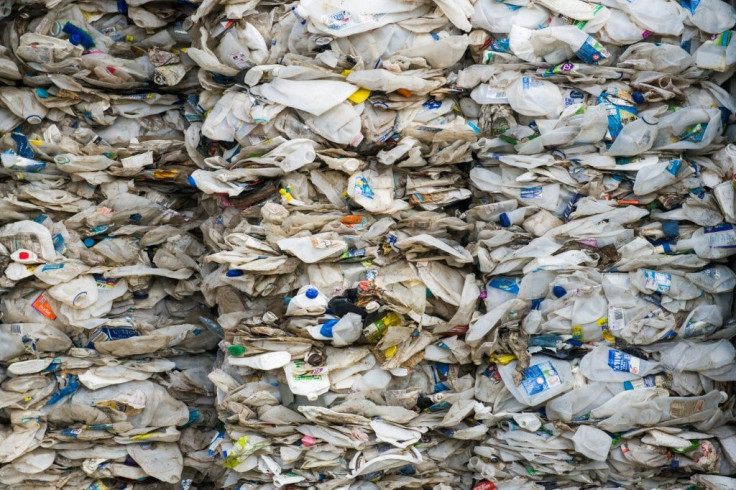Asia's New Dumping Ground: Italy Is Shipping Its Plastic Waste To Malaysia

In a recent article by Time Magazine, Malaysian Environment Minister Yeo Bee Yin spoke about the practice of countries shipping their plastic waste to poorer countries in Asia.
She said, “If people want to see us as the rubbish dump of the world, you dream on. Our position is very firm. We just want to send back (the waste) and we just want to give a message that Malaysia is not the dumping site of the world.”
Italy was not mentioned in that article, but the European country has certainly joined the list of offending countries after Greenpeace Italy conducted an undercover investigation. The targets of the probe were plastic factories not authorized by Malaysia to recycle plastic waste. The team found evidence of illegally stored plastic (including packaging produced by Italian companies), workers living inside factories and plastic being burned.
The team of investigators and journalists from Greenpeace Italy, the Italian branch of the environmental activist organization, concluded that about half of the nearly 3,000 tonnes of plastic waste exported to Malaysia was received by companies running an illegal operation.
These companies almost always lack the capacity to handle plastic waste that is contaminated or unrecyclable and the unusable material ends up in a huge pile near the factory, burned or in a landfill. The inevitable consequences are a rise in respiratory illnesses in nearby villages and samples of water and soil showing a high level of contamination.
Before January of 2018, China was the destination for a lot of the plastic waste from Europe and elsewhere. It is unknown how much was recycled and how much was disposed of via burning, landfill, and other methods. What is known is China imposed a ban in January of 2018 and the flow of plastic waste from wealthier countries has since risen dramatically to Malaysia and Indonesia.
Greenpeace uncovered one practice of plastic waste exporters like Italy, which is to use brokers, mainly in Hong Kong, to organize the shipments and do the paperwork in such a way to “legitimately broker” it through Hong Kong while sending the cargo directly to Malaysia.
Last year Malaysia began a crackdown by closing 140 illegal recycling factories and returning 150 containers full of plastic to 13 countries, including the U.K., France, the U.S., and Canada.
Giuseppe Ungherese, who leads Greenpeace Italy’s pollution campaign, told the Guardian, “We know that only a small number of containers leaving Italian ports are properly checked. A civilized country cannot close its eyes and dump the problem on a less developed nation – it’s like cleaning the house but hiding the dust under the carpet.”
It will be an uphill battle to minimize the flow of unwanted plastic waste to poor Southeast Asian countries, but Greenpeace has given its findings to Italian prosecutors. One Italian environmental lawyer, Paola Ficco, said if a case emerges, all those found to be involved in the illegal trafficking of plastic could face severe penalties.
© Copyright IBTimes 2024. All rights reserved.





















